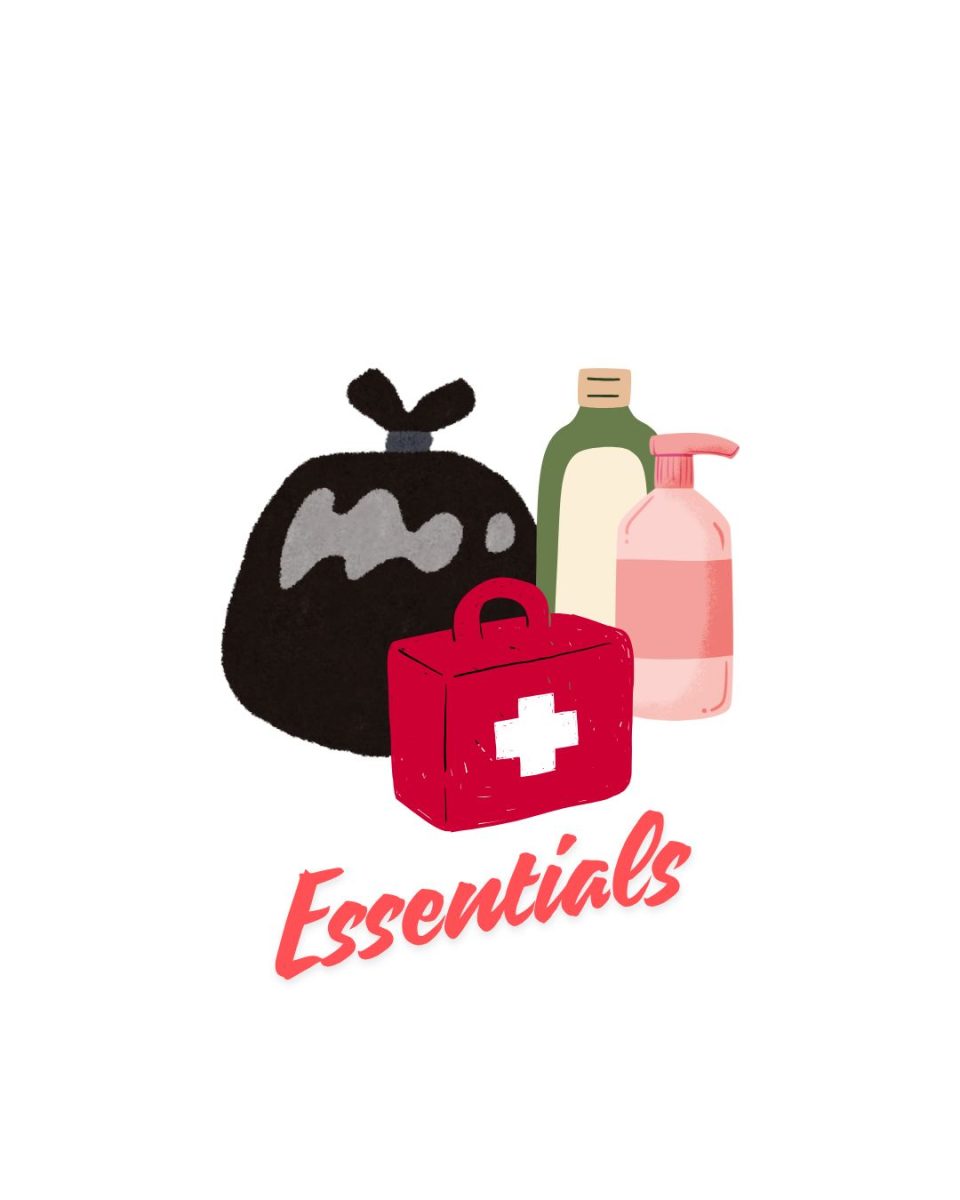As we swiftly enter this election season, students’ social media algorithms are flooded with political echo chamber noise now more than ever before. And given the state of this election, there is much more than just “a ton” of noise.
This is also the first time that (most) current undergraduate students will be able to take advantage of their right to vote, simultaneously marking a fundamental and major milestone in many of our lives.
So while it can feel most convenient to stay loyal to whatever resonates with you on your Twitter, Instagram, TikTok, or Reddit feed, it’s vital to do your research on your candidates. Whether you think you know everything about them or not, we’re leaving the future in the hands of these people.
What is an echo chamber?
An echo chamber is an environment where someone faces information or the opinions of others that accurately reflect and reinstate their own thoughts and opinions. Echo chambers also work hand in hand with confirmation bias, which is the tendency to commend particular information that coincides with the beliefs they already obtain.
Echo chambers hold a mighty power over many decisions that young people make. Whether it comes to which side you’ll be taking on the newest celebrity scandal, or where your political stance will lie, this filtration system holds you in a stream that is difficult to stray away from.
Different variations of echo chambers also obtain different variations of misinformation, further motivating a consumer to possibly take up beliefs or stances that aren’t necessarily backed by facts. And while the most popular rumors usually are the ones that also get debunked, there are many that face a wide range of attention and never do. With the number of times young people click the reshare button, the spread of misinformation is constantly revving.
Misinformation impacted both the 2020 and 2016 elections, spreading like wildfire. This is due to two main kinds of people: those who spread misinformation intentionally, and those who do it because they don’t fact-check what’s filtering in through their feed.
But an echo chamber isn’t just composed of your social media, it’s composed of every attribute that conveys any kind of information to you. This includes your classmates, your coworkers, your family, and your friends. While the spread of misinformation is slowed through word of mouth, it is still considered as the act of spreading fake news.
How do I escape?
Whatever your beliefs are, type into your Google search bar the exact opposite of them. If you frequent MSNBC, try taking a few reads through Fox News. And if you frequent Fox, read up on MSNBC. Both outlets can be valuable sources of information, but both obviously amplify all kinds of issues differently. Take note of that difference and let it guide you.
Talk to people who veer outside of your circle of interest, especially those you know to hold beliefs apart from yours. Sparking friendly and civilized conversations between opposing views of peers can help lead you to think of different policy issues in a different light. While you may not fully understand the impacts of an issue, another may. Take a step into their shoes.
Media Literacy at Rowan
News Media Literacy is a course held at Rowan University through the Ric Edelman College of Communication and Creative Arts. It teaches students to be able to productively differentiate between false news and accurate news. It also capitalizes on the simple fact that in today’s world, it becomes quite difficult to make that differentiation.
While the course is an essential part of the curriculum for most media communications and writing majors, it is a course that is beneficial for students coming from all kinds of educational backgrounds, especially in today’s world.
For those of you outside of Rowan or who don’t have this resource available to you, we urge you to utilize the many online resources that are available out there such as Politifact, Vote.org. Additionally, there is a surplus of resources from other universities around the country you can find on the internet like FactCheck.org, which was born at the University of Pennsylvania.
At the end of the day, it is always your decision to whom or if you will even cast your vote. But it is the importance of this election that motivates The Whit Staff to encourage you all to take advantage of your rights as a citizen.
It is never too late to do your research. And if this is your first time voting, we hope you make it count. Let’s just try our best to not let fake news blur the facts in this go around.
For comments/questions about this story DM us on Instagram @thewhitatrowan or email [email protected]
























































































































































!["Working with [Dr. Lynch] is always a learning experience for me. She is a treasure,” said Thomas. - Staff Writer / Kacie Scibilia](https://thewhitonline.com/wp-content/uploads/2025/04/choir-1-1200x694.jpg)











































Eunice Vasquez • Sep 20, 2024 at 9:40 am
Very good article, an eye opener for most of us. Thank you.